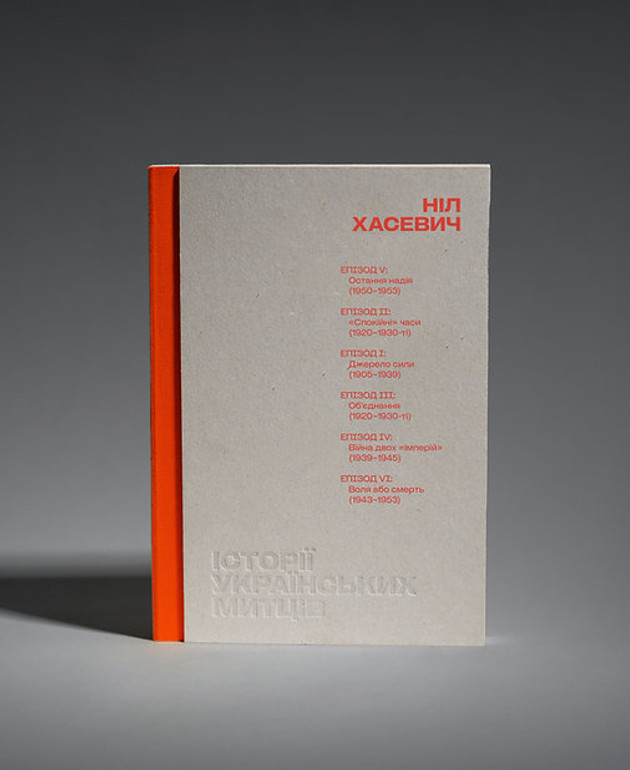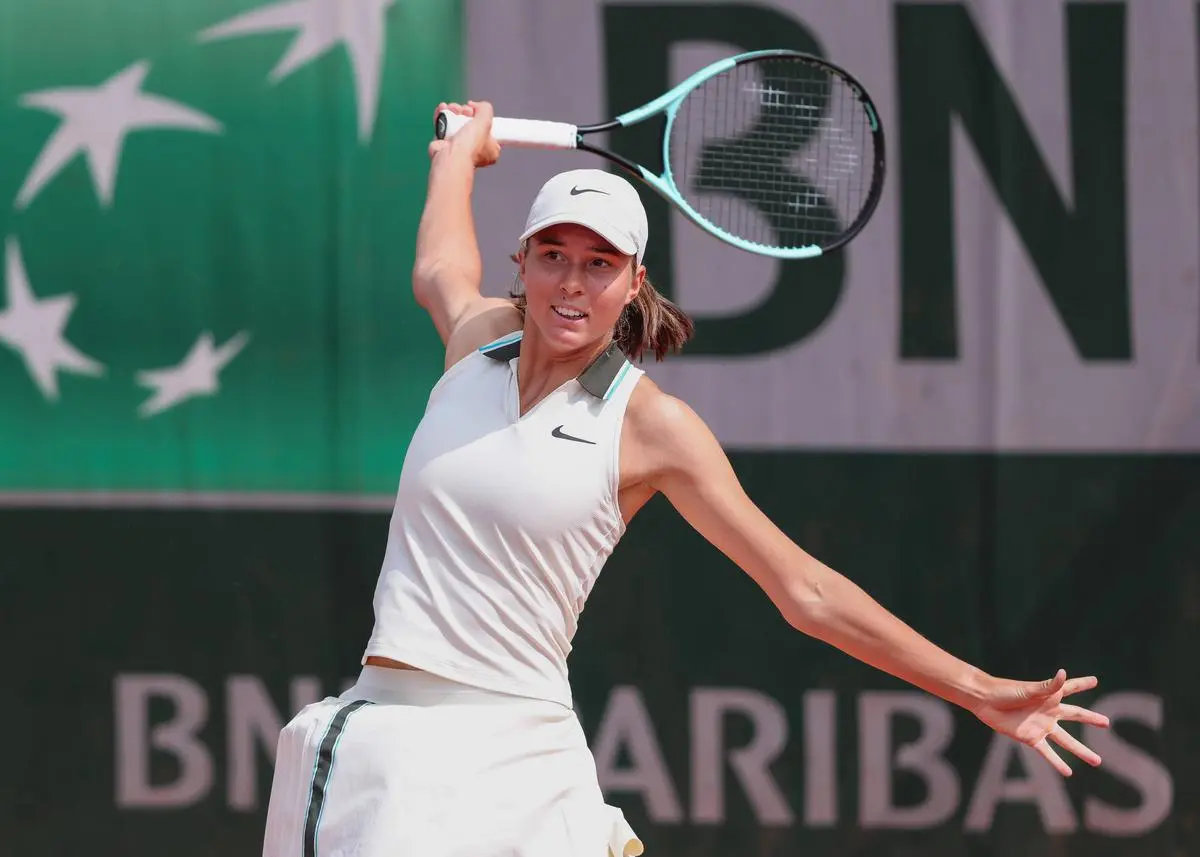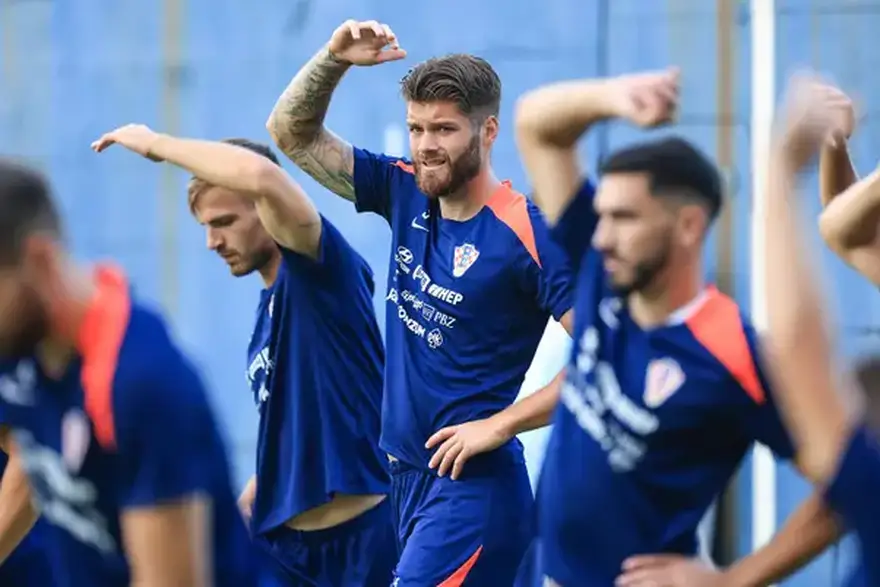« Silence in the form of a hug »: Maria Stepanova and the memory of the past

For almost 10 years, Maria Stepanova has been enjoying increasing international recognition. She is a poet, writer and essayist and is now one of the most distinguished Russian authors.
At the end of the month, she will visit Bulgaria for the second time to participate in the Festival « Literary Meetings », while in the meantime is expected to be released by the Bulgarian translation of her latest novel – Focus, from Jeanette 45.
She was born in 1972 in Moscow, where she graduated from the Maxim Gorky Literary Institute. She is the author of 14 poems and three essay books. She has received a number of prestigious Russian and international awards.
She was a guest lecturer at the Humboldt University in Berlin with a cycle of lectures and seminars for (re) construction of the past – a major topic in her work.
Excerpt from Maria Stepanova’s Memory Memory
Memory
Stepanova tells the Bulgarian edition « Culture » that interest in her memory is embedded « still in the cradle » because much of her childhood goes into stories about grandmothers and great -grandmothers.
| « This has always been very interesting to me and, strange as it may sound – sometimes it is much more interesting to me than my personal story, » the author adds. |
In 2017, the philosophical novel Essay of Stepanova « Memory of Memory » – the most translated and awarded her book, was published.
It quickly became a sensation and received the three most prestigious Russian literary awards – the special award « The Choosing Readers » of the Prime Minister « Jasna Polyana », the National Literary Award « Big Book » and the Literary Award « New Veria ».
Part of the translations in a total of 27 book languages also receive international awards, and English enters the short list of international « Booker ».
The novel is a story about the past – both Stepanova and her loved ones, as well as the history of the last century. The book is based on personal archives that include old documents, letters, postcards, souvenirs and photos.
Stepanova tells the Guardian that her family was « quite ordinary »-Russian Jews, who were mostly spared by the worst atrocities of the 20th century. But her ancestors still encountered major historical events in Russia during this period.
In the process of writing, Stepanova rediscovers her relationship with these ancestors.
| « You realize that all spoken words, walking roads and learned lessons will not bring the dead to life, even in the limited space of your writing. Finally, you just stand there, along with your lost loved ones – you are alive, they are not in complete silence, silence in the form of hug. » |
But the novel becomes something much larger than an ordinary family memoir.
« We are all, in one way or another, the survivors of the 20th century, the descendants of these survivors. We exist at the expense of someone else, we still try to agree, to pay, to deal with those who have gone and whose place we take up, » the author told the Russian Radio Service.
For the literature
For Stepanova, literature is « a way to invent and inhabit some second or third nature you want to make for life. »
« Maybe writing is another way to repair something, if not within yourself, in the world, » she said.
The Booker winner Schehan Karunatilaka comes to Bulgaria for « Literary Meetings 2025 »
« There is a Jewish concept that every human being must do something to repair the broken world in which we live, to patch the hole. I think I instinctively try to do something like that. »
For the war
Stepanova is also one of the first internationally famous Russian writers or writers who publicly condemned the Russian invasion of UkraineS Her articles about the current situation in Russia have been published in a number of major international publications, and her essay, The War in Putin’s Imagination, published in the Financial Times in the first days of the war, has received widespread recognition.
The Russian question
« For me, the painful side is also that I belong by birth, by language and to different other things – I want it or not – to the community that is responsible for this catastrophe and we have to somehow live with it and do something about it, » she told Radio Freedom.
According to the author, both the war in Ukraine and the one in the Gaza Strip are indicative that today memory has become a « territory of a continuous war ».
| « Someone is trying to impose on another idea of the past and how it should be treated, » she says. « This is tragic. So much effort and love have been spent on the idea of connecting to the past and building bridges that would allow us to reach it. » |
Stepanova is the founder and editor -in -chief of Colta.ru, Internet edition of Art and Culture. After the beginning of the Russian war in Ukraine, the site was blocked in Russia, among other Russian independent media. Then Stepanova moved to Germany.










